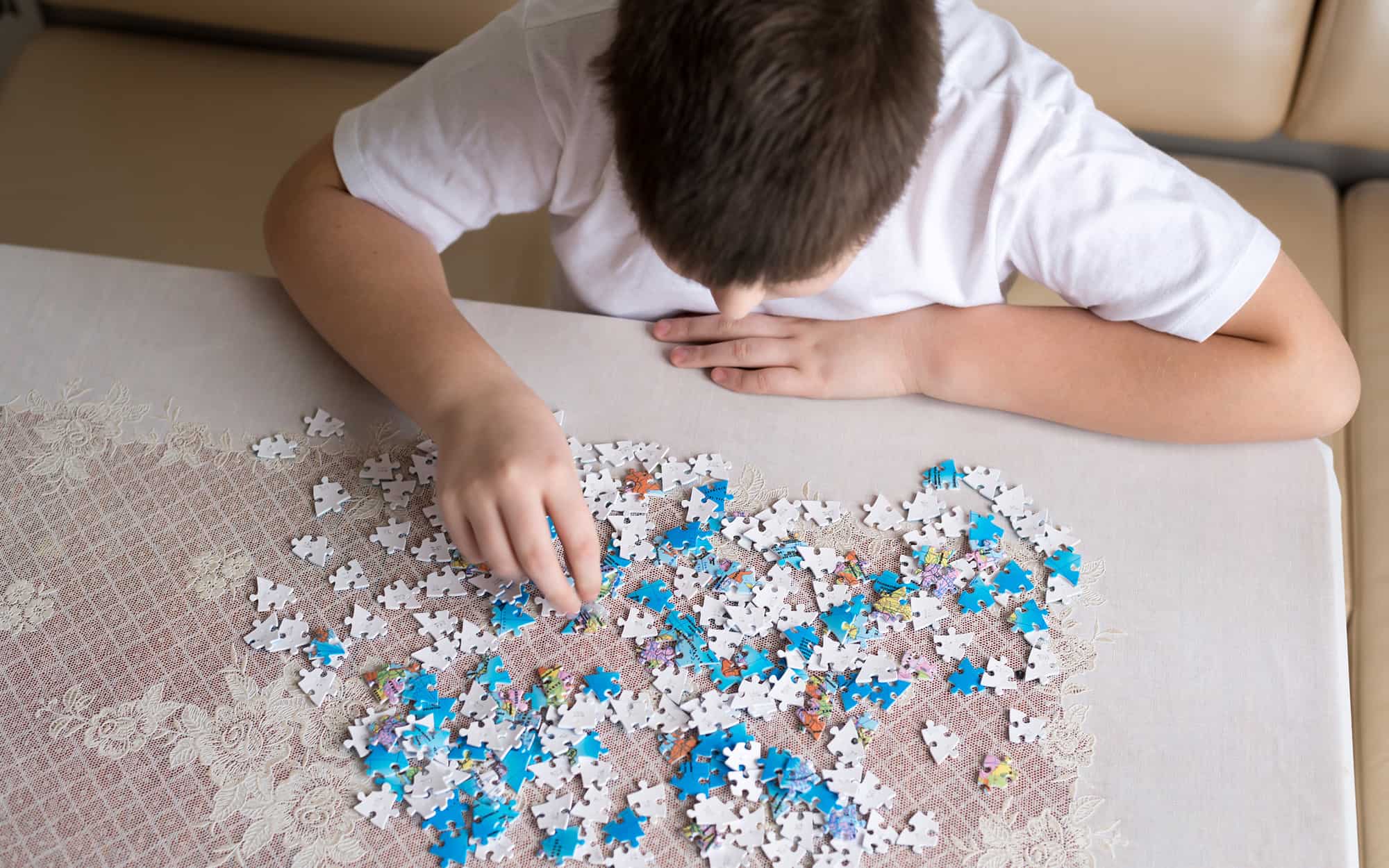Understanding the Concept of Brain Training
Brain training is a process aimed at improving cognitive abilities, including memory, attention, speed, and problem-solving skills. This enhancement helps a person improve mental health,and even ward off brain injuries and certain health conditions. With the regular practice of proven exercises and techniques, you can achieve a noticeable improvement in your brain function.
What Is Brain Training?
Imagine the brain as a muscle. Just like our physical muscles, our brain needs regular workouts to stay fit and healthy. This is where brain training comes in. It’s a series of cognitive workouts, like puzzles, video games, reading challenging books, or learning a new language or skill that challenges and stimulates different parts of the brain.
The Importance of Brain Training
The contemporary lifestyle, with omnipresent social media distractions and a lack of interaction with the natural environment, has resulted in a significant drop in our collective attention span. Through brain training, you can reverse this trend and significantly boost your child’s attention span and their brain’s overall performance.
Establishing a Brain Training Routine
How Often Should You Engage In Brain Training?
A question often posed is, “How often should you train your brain to focus?” Experts suggest that for optimal results, you should include some form of cognitive training in your daily routine. Be it 15 or 30 minutes of puzzle-solving in the morning or a round of a stimulating video game in the evening, consistent engagement is the key.
In addition to being focused and effective, brain training should also be intensive enough to challenge the brain and build developmental skills. Engaging in activities that push cognitive limits, such as solving complex puzzles or tackling difficult mental tasks, can promote growth and enhancement of cognitive abilities. By consistently challenging the brain with intensive training, your child can stimulate neural connections and ultimately improve their cognitive functioning.
The Ideal Duration of a Brain Training Session
Quality always takes precedence over quantity. It’s not about how long you engage in brain training but how effectively you do so. A short, focused session each day of cognitive engagement is more beneficial than an hour’s session filled with distractions.
Recognizing Signs of Cognitive Fatigue and Recovery Time
Just as with physical workouts, too much brain training can lead to cognitive fatigue. It’s essential to recognize signs of burnout, such as reduced concentration, increased errors, or diminished interest in the activity. It’s crucial to allow your child’s brain enough time to rest and rejuvenate.
Strategies for Effective Brain Training
Incorporating Training Techniques for Focus
Instilling a practice like mindfulness meditation can prove tremendously helpful in improving focus. Regular meditation oxygenates the brain, reduces stress, and can enhance your child’s overall brain function and mental health.
Brain Training Exercises for Enhanced Focus
Exercises like sudoku puzzles, board games, and certain video games have been medically reviewed and proven to increase concentration and enhance cognitive function. Engaging in such activities can be fun and productive.
The Role of Sleep, Nutrition, and Physical Exercise In Brain Training
Ample rest, a healthy diet, and physical activities are fundamental to effective brain training. For example, green tea contains compounds that have been shown to boost brain function. Physical activities increase oxygen flow to the brain, thus improving its health.
Measuring Progress in Brain Training
Tracking Improvement in Focus And Concentration
Keeping a log of your child’s performance in various brain training activities can help identify improvements over time. A steady decrease in time taken to solve a puzzle or better scores in a video game are indicators of improved focus and brain function.
Seeking Professional Assistance for Brain Training
If your child is struggling to keep up with their brain training regimen or not seeing any significant improvement, it might be time to seek professional help. Professionals can provide customized training programs and guidance for more effective results.
Find Your Brain Training Regimen With Abbey Neuropsychology Clinic
If you’re serious about brain training, Abbey Neuropsychology Clinic can help. Our professionals are well-trained and experienced in designing effective brain training programs. We use a range of techniques and exercises to achieve optimal results for our clients. No matter your child’s needs, we’re committed to helping you find the perfect brain training regimen that sets them up for success.
Get in touch with us today to find your custom brain training program.

